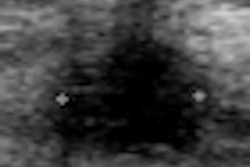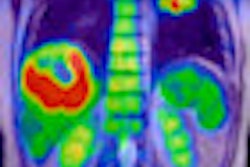New guidelines for breast cancer screening that recommend women avoid routine mammography until age 50 are based on faulty methodology and will result in an "untold number of lives lost" if implemented across Canada, according to a response article published Tuesday in the Canadian Medical Association Journal.
The guidelines, released in November by the Canadian Task Force on Preventive Health Care, recommend against routine mammography screening for most women ages 40 to 49, arguing that the "harms and costs of false-positive results, overdiagnosis, and overtreatment" outweigh any "significant reductions in the relative risk of death from breast cancer." But critics say the data on which the guidelines are based are dated, wrote author Lauren Vogel (CMAJ, January 10, 2012, Vol. 184:1, pp. E17-E18).
Vogel cites Dr. Nancy Wadden, chair of the Canadian Association of Radiologists' Mammography Accreditation Program and medical director of the breast screening program for Newfoundland and Labrador, who stated that the recommendation against routine screening of women younger than 50 who are at average risk of developing breast cancer risk is based on "essentially antiquated" and "unbalanced" evidence: The task force looked at studies that were more than 25 years old, involving outdated equipment, Wadden said.
Wadden also took issue with the task force's recommendation for less frequent mammograms for women older than 50, stating that there are data that show that if women wait more than 30 months to have a mammogram, clinicians see an increase in palpable and later stage cancers, Vogel wrote.
The task force guidelines state that screening approximately 2,100 women ages 40 to 49 years once every two to three years for 11 years would prevent a single death from breast cancer; however, it would also result in about 690 women having a false-positive result on a mammogram and 75 women having an unnecessary breast biopsy, Vogel wrote. Moreover, the task force has said that "any positive result from screening has emotional costs such as anxiety and worry for patients and their families, and financial costs to both the patient and the healthcare system as a result of additional and potentially unnecessary diagnostic tests."



















